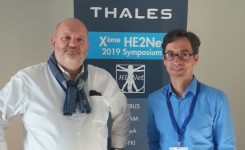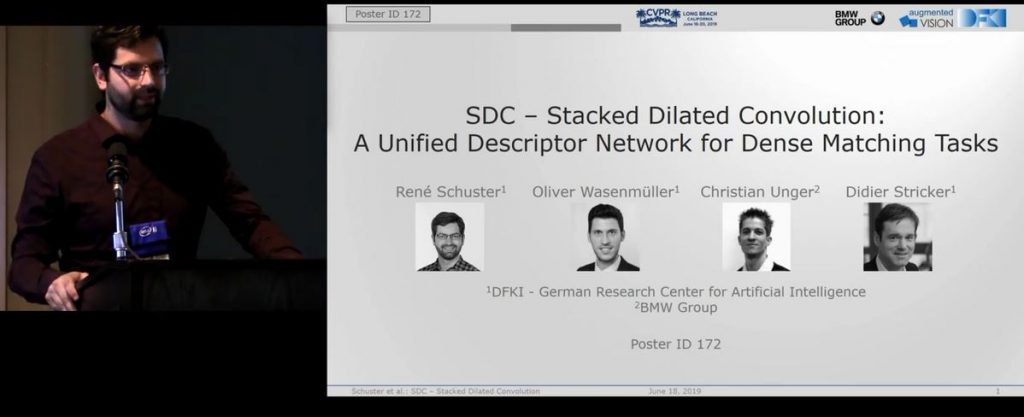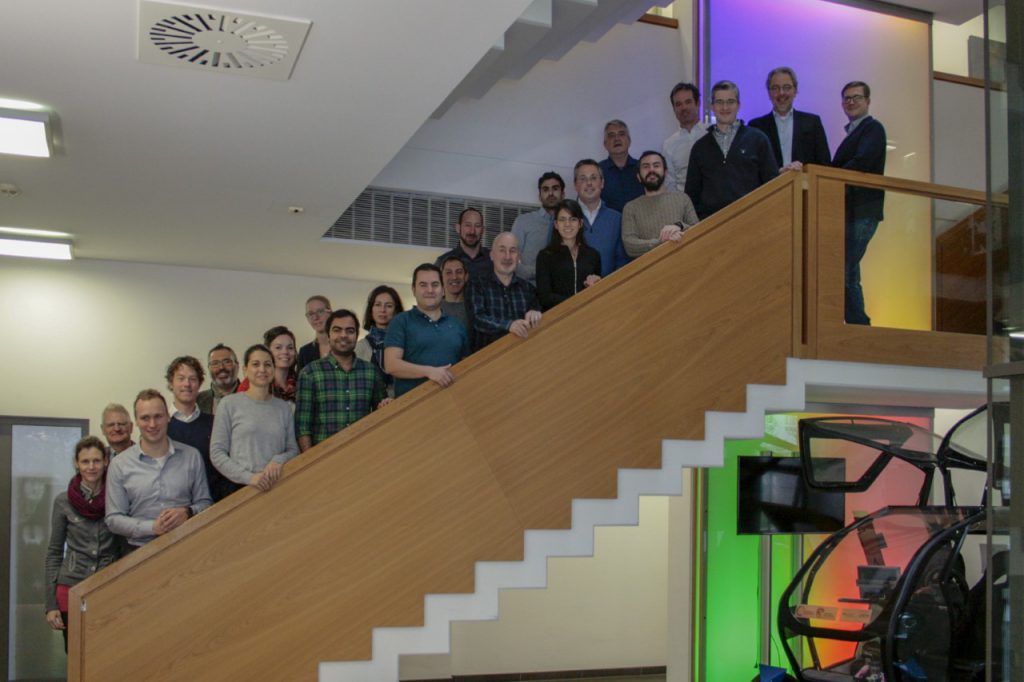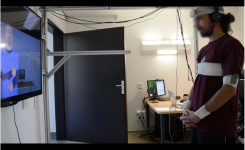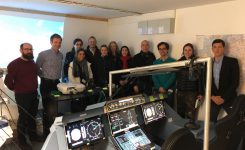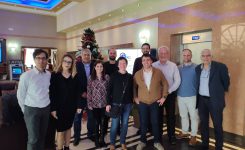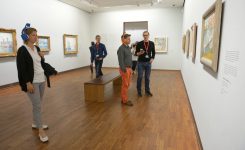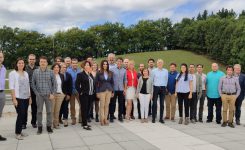
Dr. Alain Pagani, and Mohamed Selim (Augmented Vision department) and Ludgar Van Elst (Smart Data and Services department) participated in the Kick-off meeting of the EU project HyperCOG on September 24th, 2019, that was held at IK4-LORTEK in Spain.
HyperCOG project “HYPERCONNECTED ARCHITECTURE FOR HIGH COGNITIVE PRODUCTION PLANTS” addresses the full digital transformation of the process industry and cognitive process production plants through an innovative Industrial Cyber-Physical System (ICPS). It is based on commercially available advanced technologies that will enable the development of a hyper-connected network of digital nodes. The nodes can catch outstanding streams of data in real-time, which together with the high computing capabilities available nowadays, provide sensing, knowledge and cognitive reasoning to the industrial business. The project will strive to demonstrate how data technologies embedded in a CPS platform applied in the process industry can streamline processes, achieve a step gain in efficiency, sustainability and resource utilization and act as a basis for the provision of new services.
In HyperCOG, 14 international partners have joined forces, bringing together the necessary competence in terms of expertise and resources to ensure the achievement of the project goals. In DFKI, the departments “Augmented Vision” and the department “Smart Data and Services” at DFKI Kaiserslautern are involved.
The Augmented Vision department is responsible for developing smart sensing technologies based on visual perception and visual interpretation for different use cases in active industrial plants. Moreover, in industrial plants, with a growing amount of sensors and data, the information load might increase and hinder the monitoring task. Augmented Vision department will carry out the work on AR to present contextualized information in a simple and direct way.
Project partners:
1. SmartFactory Kaiserslautern (GERMANY)
2. IK4-LORTEK (SPAIN)
3. Tecnalia Reseach and Innovation (SPAIN)
4. Estia – École Supérieure des Technologies Industrielles Avancées (FRANCE)
5. SIDENOR Aceros Especiales SL (SPAIN)
6. Çimsa Çimento Sanayi Ve Ticaret A.Ş. (TURKEY)
7. SOLVAY (FRANCE)
8. MSI – Mondragon Sistemas de Información (SPAIN)
9. U-PEC – Université Paris-Est Créteil (FRANCE)
10. CBS – Cybers Services Zrt (HUNGARY)
11. Ekodenge (TURKEY)
12. 2.0 LCA consultants (DENMARK)
13. Insights Publishers (UNITED KINGDOM).
Contact person: Dr. Alain Pagani, Mohamed Selim
Picture: The HyperCOG partners at the kick-off meeting.

